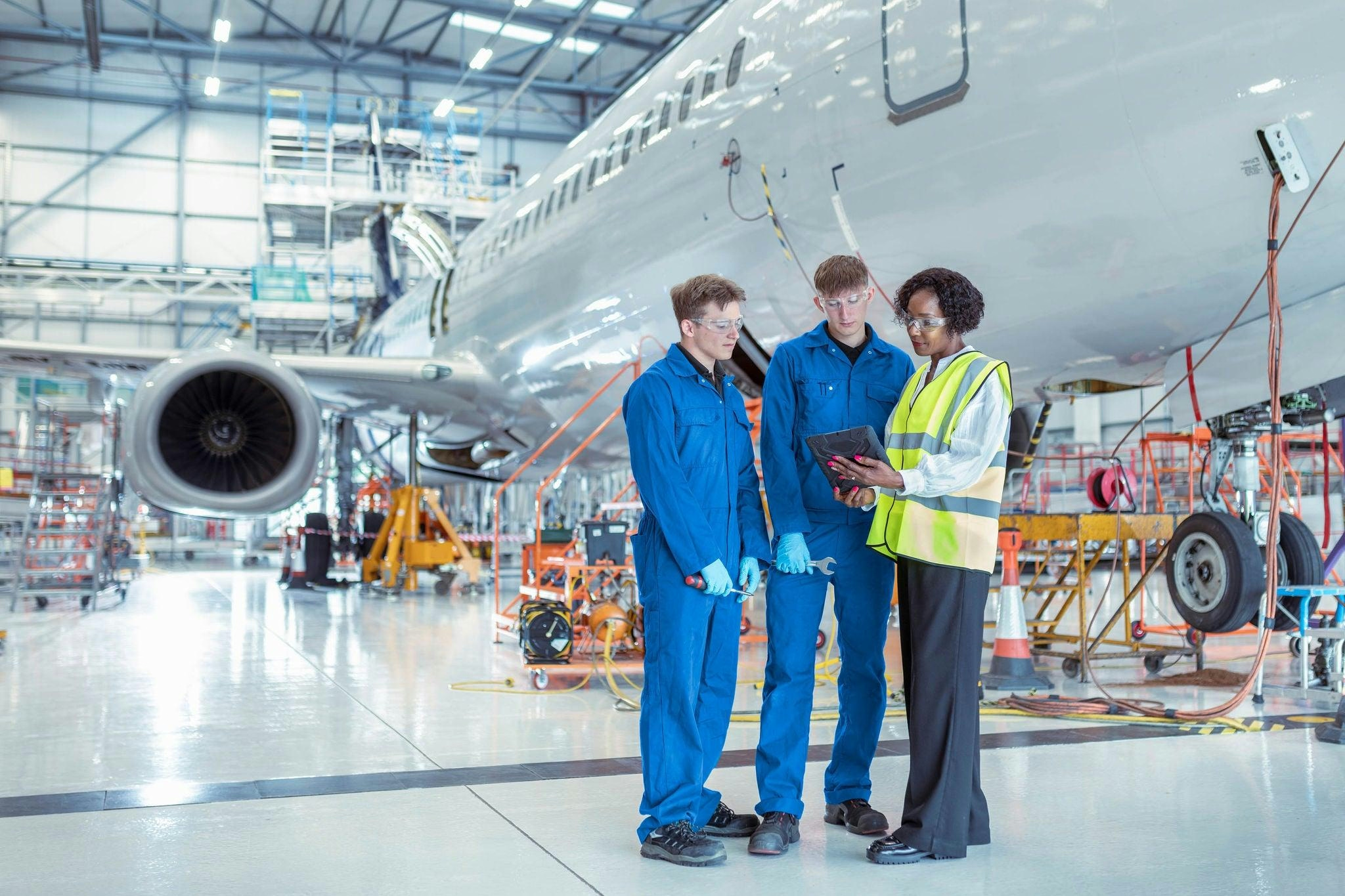AeroGenie — Your Intelligent Copilot.
Trending
Categories
The Role of Aviation and Aerospace in Global Supply Chains

The Role of Aviation and Aerospace in Global Supply Chains
Aviation and aerospace stand as some of the most intricate and innovation-driven industries worldwide, serving as essential conduits for global connectivity. These sectors facilitate international trade and transport billions of passengers annually, underpinned by complex supply chains that operate largely out of public view. Logistics functions as the critical engine ensuring that parts, equipment, and technology are delivered precisely when and where they are required.
The Scale and Complexity of Aviation Supply Chains
Modern aircraft are composed of millions of components sourced from hundreds of suppliers across the globe. Engines may be manufactured in one country, avionics in another, and interiors elsewhere, necessitating meticulous coordination. This process demands unwavering precision and strict compliance with safety and regulatory standards, rendering aviation logistics one of the most challenging facets of global commerce. Even a single missing component can ground an entire fleet, resulting in substantial financial losses and widespread operational disruptions.
Recent years have highlighted persistent bottlenecks within these supply chains, exacerbated by extended infrastructure investment timelines and geopolitical tensions such as tariffs and trade disputes. These factors have compelled some companies, including Toyota and Tesla, to implement resilient strategies characterized by diversified supply chains and comprehensive risk mitigation. Conversely, others continue to grapple with dependencies on cross-border labor and fluctuating operational costs. Despite positive developments in certain areas—such as increased production rates of Boeing’s 737 MAX—growth in commercial aviation remains constrained by ongoing supply-chain challenges.
Specialized Logistics Providers and Tailored Solutions
Aviation and aerospace logistics differ significantly from general freight forwarding, requiring specialized expertise to manage high-value, time-sensitive, and often oversized cargo. Logistics providers must be capable of transporting a wide range of items, from small sensors to entire fuselage sections, while adhering to International Air Transport Association (IATA) regulations, customs protocols, and stringent security measures.
For manufacturers, maintenance, repair, and overhaul (MRO) providers, and airlines, collaboration with experienced logistics specialists is indispensable. These providers deliver customized solutions, particularly in urgent scenarios such as Aircraft on Ground (AOG) events, where the rapid delivery of parts is critical to minimizing downtime and avoiding costly penalties.
Time-Critical Deliveries and AOG Support
AOG situations underscore the urgency inherent in aviation logistics. When an aircraft is grounded due to a missing or defective part, every hour of delay carries significant operational and financial consequences. Logistics providers respond with dedicated AOG desks, round-the-clock customer support, and extensive global carrier networks. Their solutions include same-day flights, onboard couriers, and even chartered aircraft to expedite the delivery of essential components, thereby maintaining fleet availability and reducing disruptions.
Innovation and Sustainability in Aerospace Logistics
Technological advancements are transforming aerospace logistics through real-time tracking, predictive analytics, and automation. These innovations enhance visibility, optimize inventory management, and streamline operational workflows. Additionally, blockchain technology is being explored to improve traceability and regulatory compliance by establishing secure, tamper-proof records of parts movement.
Simultaneously, the industry faces increasing pressure to adopt sustainable practices. Green initiatives are progressively integrated into logistics strategies, reflecting a broader commitment to reducing environmental impact while preserving the speed and reliability demanded by global supply chains.
In a landscape marked by both opportunity and uncertainty, the aviation and aerospace sectors continue to evolve, leveraging innovation and strategic planning to navigate the complexities of global supply chains.

Emirates Unveils Cabin Design for New Boeing 777X

Eighteen Years On, the Airbus A380 Remains Central to a $34 Billion Airline

How a boom in luxury airline seats is slowing down jet deliveries

Navitaire Outage Attributed to Planned Maintenance

DigiYatra Debuts Outside Aviation at India AI Impact Summit

Vietnam Orders Strengthen Boeing’s Commercial Outlook

Airbus Signals Uncertainty Over Future A400M Orders

JobsOhio Awards $2 Million Grant to Hartzell Propeller for Innovation Center

Collins Aerospace Tests Sidekick Autonomy Software on YFQ-42A for U.S. Air Force CCA Program

How the Airbus A350-1000 Compares to the Boeing 777
